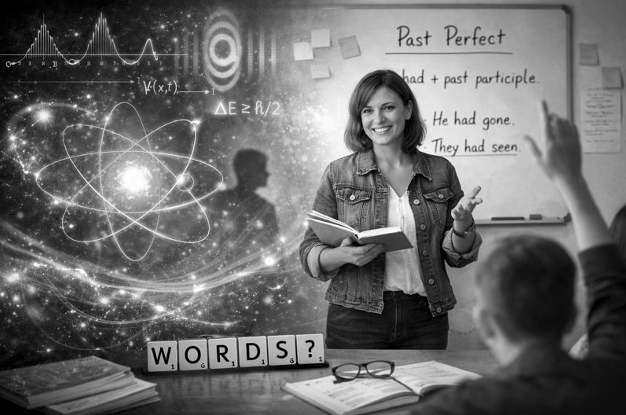Storytelling is the Oldest Form of Education
- EDYOUFEST

- Jun 15, 2023
- 2 min read

Introduction:
Since the dawn of humanity, storytelling has been an integral part of human culture. Long before the advent of written language or formal education systems, people passed on knowledge, wisdom, and moral lessons through the power of storytelling. It is a timeless tradition that has shaped civilisations, preserved history, and fostered human connection. Today, in the modern era of technology and information, storytelling remains as relevant as ever, proving to be the oldest and most effective form of education.
The Art of Storytelling:
Storytelling transcends the boundaries of age, language, and culture. It taps into the core of our humanity, evoking emotions, sparking imagination, and capturing our attention. Whether through spoken words, written narratives, visual mediums, or digital platforms, stories have the power to engage and educate in a way that textbooks or lectures alone cannot achieve.
Captivating the Imagination:
Stories have a unique ability to captivate our imagination and transport us to different worlds. They bring characters to life, create vivid settings, and present thought-provoking dilemmas. By immersing ourselves in stories, we develop empathy, understand diverse perspectives, and gain insights into the human condition. Through imaginative journeys, stories enable us to explore complex ideas, challenge our assumptions, and expand our intellectual horizons.
Preserving Cultural Heritage:
Storytelling plays a vital role in preserving cultural heritage and passing down traditions from one generation to another. Indigenous communities around the world have relied on oral storytelling to transmit their history, customs, and values for centuries. By sharing tales of their ancestors and the struggles they faced, storytelling ensures the continuity of cultural identity and helps maintain a sense of belonging.
Teaching Lessons and Values:
Stories are often imbued with lessons, morals, and values. They provide a safe space for learning and personal growth. From Aesop's fables to folktales from different cultures, stories teach us about the consequences of actions, the importance of kindness, honesty, and courage. Through characters' journeys and their triumphs or failures, we learn valuable life lessons and gain insights that shape our own moral compass.
Connecting People:
Storytelling is a powerful tool that fosters human connection. Whether around a campfire, in a classroom, or through digital platforms, sharing stories brings people together, creating a shared experience. It ignites conversations, encourages dialogue, and promotes understanding among diverse individuals. By listening to stories, we develop a deeper appreciation for the richness and diversity of human experiences.
Conclusion:
In a world that is increasingly fast-paced and digitally focused, storytelling stands as a timeless educational practice. Its ability to entertain, inspire, and educate has endured throughout history. From ancient myths and legends to modern novels and films, storytelling captures our imagination, preserves cultural heritage, imparts wisdom, and builds bridges between people. Embracing storytelling as a fundamental educational tool can unlock a world of knowledge, empathy, and personal growth. So, let us continue to honor and celebrate the power of storytelling, recognising it as the oldest and most profound form of education.




Comments